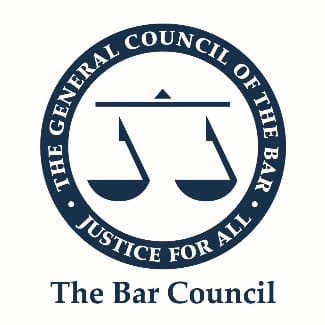Clarke v Clarke [2022] EWHC 2698 (Fam)
Judgment date: 28 October 2022
https://www.bailii.org/ew/cases/EWHC/Fam/2022/2698.html
Mostyn J. Appeal by W against the judgment and order of HHJ Farqhuar on three grounds. One, whether the order should provide for W to receive a minimum sum from the net proceeds of sale of the FMH. This was not strongly advanced by W and became irrelevant given that the outcome of the appeal was for H to forego his share in the sale proceeds of the FMH. Two, whether the maintenance awarded should include a higher sum whilst H was still working and earning a substantial income. Three, whether the overall value of the business was correctly calculated.
In considering Ground 3, useful comments were made about the circumstances in which discounts should be applied; [17]. Here, a 20% discount was applied to the value of the business, but this was unreal as on the evidence it was not possible for the judge to find that there were any likely circumstances in which H would sell his shares other than in conjunction with his fellow 50% shareholder.
Whilst judges are not expected to ignore figures provided by accountants and carry out their own as a SJE, the judge should have looked into the future and asked himself whether it was more likely than not that a discount would be suffered. On balance, the answer was no. The question of whether a discount applies is a binary one (yes or no), there is no room for a third way or middle choice. Appeal for grounds 2 and 3 were allowed. The court found that the judge had incorrectly valued H business interests.
Useful observations made about litigants in person (LIPs) and court assistance. Though no special concessions or assistance should be given to LIPs, in financial remedy cases courts exercise a quasi-inquisitorial function. It would be a dereliction of its inquisitorial duty if a just decision was not made on the basis that a LIP chose not to advance the relevant arguments.





